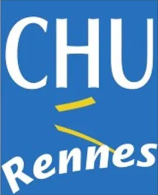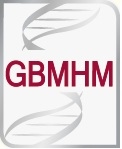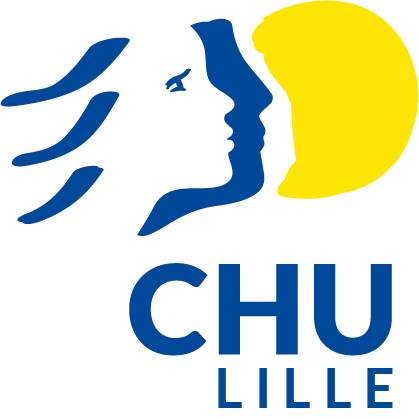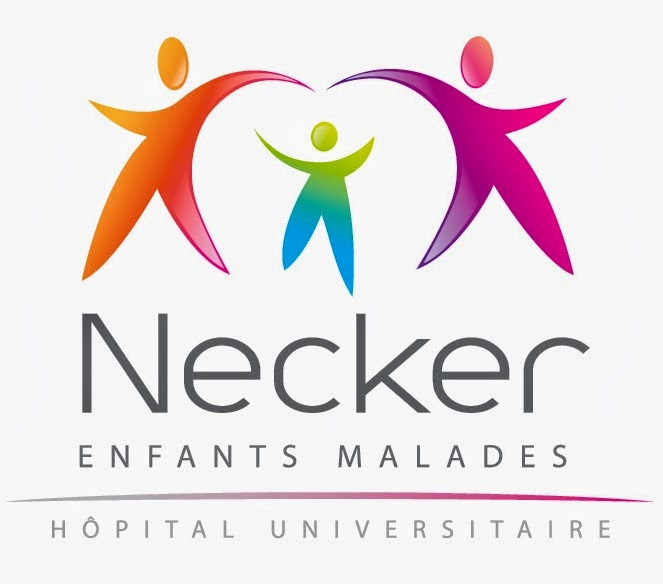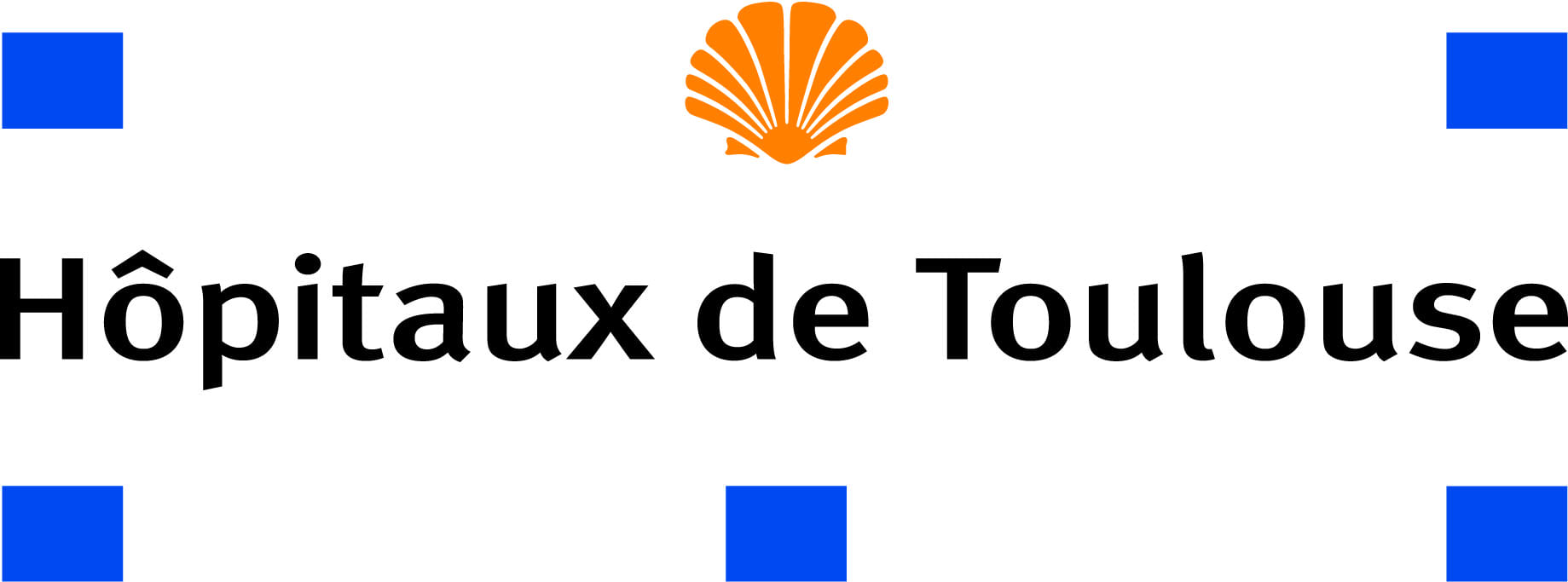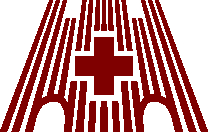VidjilNet Consortium
Gathering onco-hematological laboratories, research centers, and industrial and institutional partners, the nonprofit VidjilNet consortium is dedicated to
- sustain and support open-source development of the Vidjil web platform, the underlying Vidjil-algo component, and possibly other software to study immune repertoires, by adapting them to the needs of members;
- provide bioinformatics support and services to the members for these software, whether for clinical purpose or for hematological or immunological research. As of 2023, the consortium provides consulting, training sessions, and support to host, maintain, and certify Vidjil analyses.
Being a member of VidjilNet is an opportunity to participate in a community of professionals in hematology, immunology, oncology, and bioinformatics and to promote open research. Members have the chance to contribute to shaping and enhancing the Vidjil platform, fostering a collaborative effort that aligns with their specific requirements. VidjilNet emphasizes the importance of continuous learning and skill development, empowering their teams with the knowledge needed to optimize their research or clinical endeavors.
The consortium works into a quality approach concerning both software development and testing, the relationship with its members, and ethics on health data processing. Vidjil was awarded an honourable mention at the 2022 Open Science Awards for Open Source Research Software, in the Community category.
VidjilNet is incubated in Inria since 2018, and membership is offered since the end of 2019.
Why join the consortium?
- show your interest in the Vidjil platform, deciding collectively on its major developments and participating in the membership community, both on the user side and on the developer side;
- benefit from member-only services: installation, training and support by a bioinformatician engineer, development of functionalities, remote maintenance of a server or hosting on a shared server, transfer of data and backup configuration. Hospital laboratories as well as research groups who wish to support the project are welcome to join, even if they do not perform analyzes in a clinical setting. Inria can also receive donations for the VidjilNet consortium.
Request the contract and ask your questions to Florian, Marc, Mathieu, and Mikaël: contact@vidjil.net
2023 Memberships
Minimal Membership 3 075 € / year
- < 100 clinical samples per year
- 1 user
Standard Membership (Laboratory) 10 248 € / year
- < 500 clinical samples per year
- one group of users from a same laboratory
Shared, Industrial, or Support Membership 25 620 € / year
- < 2000 clinical samples per year
- several users, several groups, several laboratories
Support for 150 other clinical samples 3 075 €
Support for 1500 other clinical samples 20 496 €
fees are before VAT
2023 Meetings
Feature tour - Open monthly meeting on Thursdays
Each month, discover Vidjil features during a 15' talk.
Join us at zoom link
- 30 november: Inspecting clonotypes (I): axes, presets, clusters [video]
(15:00 CET en français, 15:30 CET in English) - 21 december: Inspecting clonotypes (II): sequence alignment and analysis, primers, external analyses [video]
- 25 january: Data import, batch import, API, tags, permissions and sharing
- 22 february: Pre/post-processing scripts, MRD, UMI, custom scripts
2023 General Assembly
- TBD, 5 December 2023
Previous 2022 Workshop
- 16-17 May 2022
Bilateral meetings can also be arranged.
Committees
The VidjilNet consortium is run by an Executive Committee and a Scientific and Technical Committee. Each committee gather 3 elected members, 3 represententative of the developers, and 1 representantive of Inria.
Executive Committee
Members
- Pr Frédéric Davi (head) (La Pitié, APHP Paris)
- Pr Éric Delabesse (CHU Toulouse)
- Pr Claude Preudhomme (CHU Lille)
Developers
Inria
Scientific and Technical Committee
Users
- Dr Nathalie Grardel (CHU Lille)
- Dr Cédric Pastoret (CHU Rennes)
- Dr Yannick Le Bris (CHU Nantes)
Developers
- Marc Duez, Mathieu Giraud (head), Mikaël Salson
Inria
References, publications
The Vidjil methods and platform were first described in [Giraud, Salson 2014] (algorithm) and [Duez 2016] (web platform). Reference for protocols are [Villarese 2022] (marker identification in ALL) and [Septenville 2022] (assessment of mutational status in CLL).
- Mathieu Giraud, Mikaël Salson, et al., Fast multiclonal clusterization of V(D)J recombinations from high-throughput sequencing, BMC Genomics 2014, 15:409 http://dx.doi.org/10.1186/1471-2164-15-409
- Marc Duez et al., Vidjil: A web platform for analysis of high-throughput repertoire sequencing, PLOS ONE 2016, 11(11):e0166126 http://dx.doi.org/10.1371/journal.pone.0166126
- Patrick Villarese et al., One-Step Next-Generation Sequencing of Immunoglobulin and T-Cell Receptor Gene Recombinations for MRD Marker Identification in Acute Lymphoblastic Leukemia, Immunogenetics, Methods in Molecular Biology 2453, pp. 43-59, http://dx.doi.org/10.1007/978-1-0716-2115-8_3
- Anne Langlois de Septenville et al., Immunoglobulin Gene Mutational Status Assessment by Next Generation Sequencing in Chronic Lymphocytic Leukemia, Immunogenetics, Methods in Molecular Biology 2453, pp. 153-167, http://dx.doi.org/10.1007/978-1-0716-2115-8_10
More than 40 studies in hematology, immunology, and/or computational biology were published using the Vidjil platform, including 20+ articles involving VidjilNet developers and researchers.
